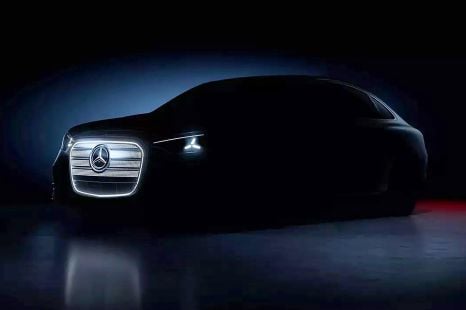

Derek Fung
Mercedes-Benz C-Class EV teased with 'Iconic Grille'
9 Days Ago

Contributor
A near-stock version of the Porsche 911 Turbo S has officially set a new Pikes Peak hill climb production car record, dethroning the Bentley Continental GT which held the title since 2019.
The officially-sanctioned record-breaking run was driven by Pikes Peak veteran David Donner on September 27, where he was able to complete the hill climb in 9:53.541 – almost 26 seconds faster than the previous production record.
000 Magazine, which was a partner in the record-breaking feat, uploaded some images of the run on its social media, with Motor 1 reporting in more detail.
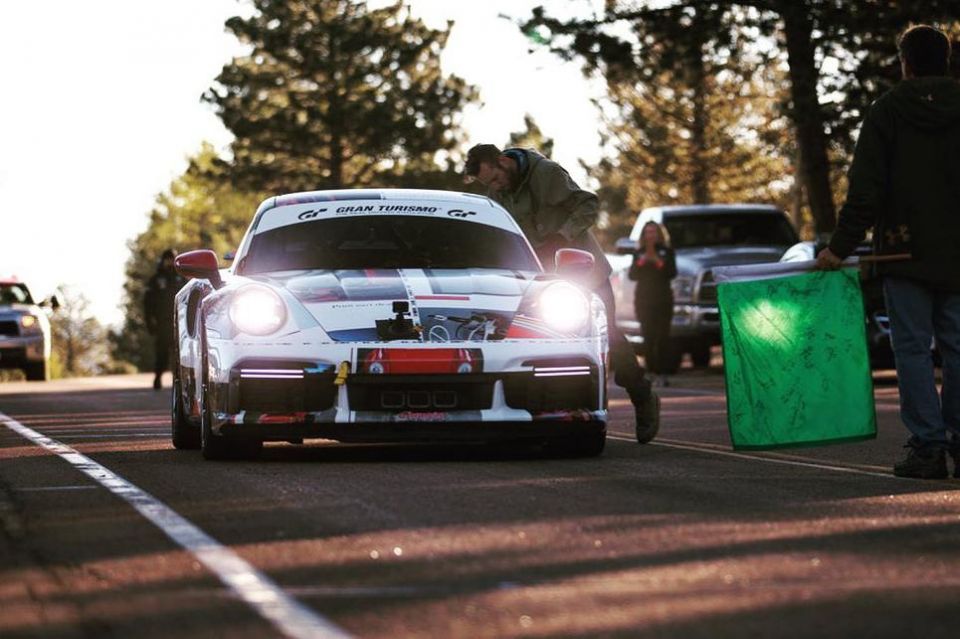
The 911 Turbo S itself was mostly true to the road-going model and only had modifications for safety, and was calibrated for high altitude.
These modifications include a roll cage, racing seat, fire systems, and mild changes to the engine’s electronic computer unit (ECU) and exhaust.
Michelin Pilot Sport Cup 2 R tyres were used during the record-breaking run.
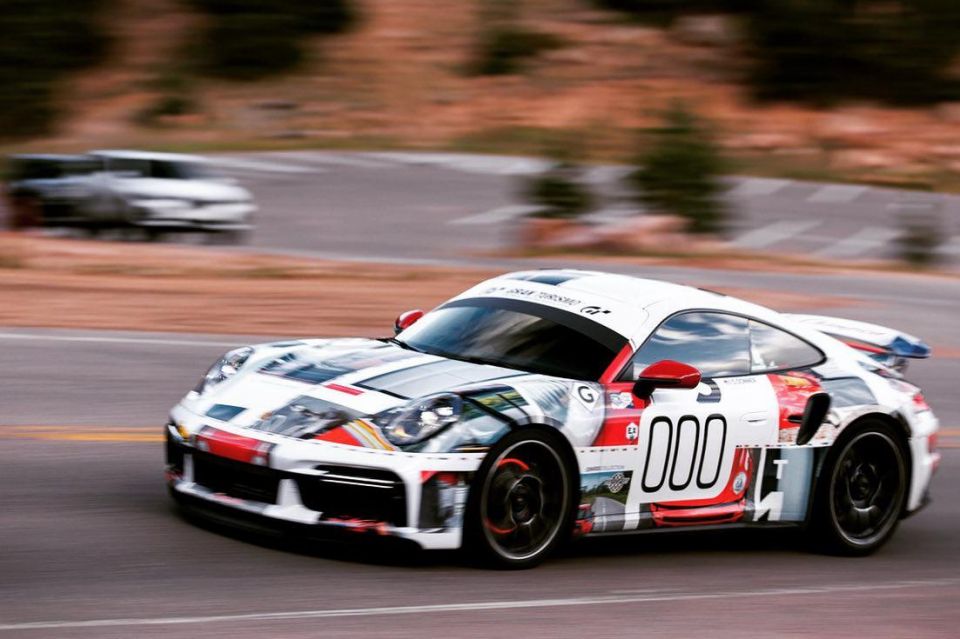
This isn’t the first time the team has attempted a Pikes Peak record-breaking run in this Porsche 911 Turbo S, with them not quite getting there in June this year.
At the time they did score class winner, fastest Porsche, and second overall though.
In standard guise, the 992-generation Porsche 911 Turbo S is powered by a 3.8-litre twin-turbo flat-six engine producing 478kW of power and 800Nm of torque.
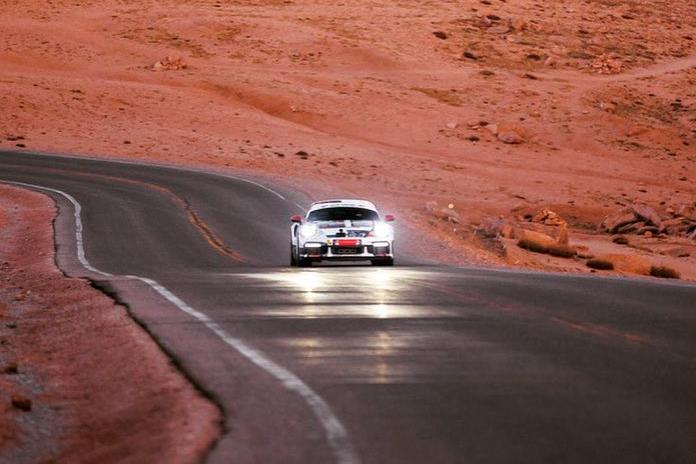
It’s mated to an eight-speed PDK transmission with drive sent to through an all-wheel drive system.
Porsche claims the 911 Turbo S will do 0-100km/h in 2.7 seconds and will go from 0-200km/h in 8.9 seconds. Flat out you’ll be doing 330km/h.
The 911 Turbo S is available in both coupe and convertible bodies styles and start at $506,200 and $527,500 respectively, before on-road costs and options.

Porsche recently rounded out the rollout of 992-generation 911 variants with the launch of the aggressive, high-performance GT3 RS.
It has also launched the Carrera, Carrera 4, and Carrera S, as well as the Targa, Turbo, GT3, and GTS versions.
Facelifted versions of the 911 have been spied over the last few months, with a hybrid version in the works.
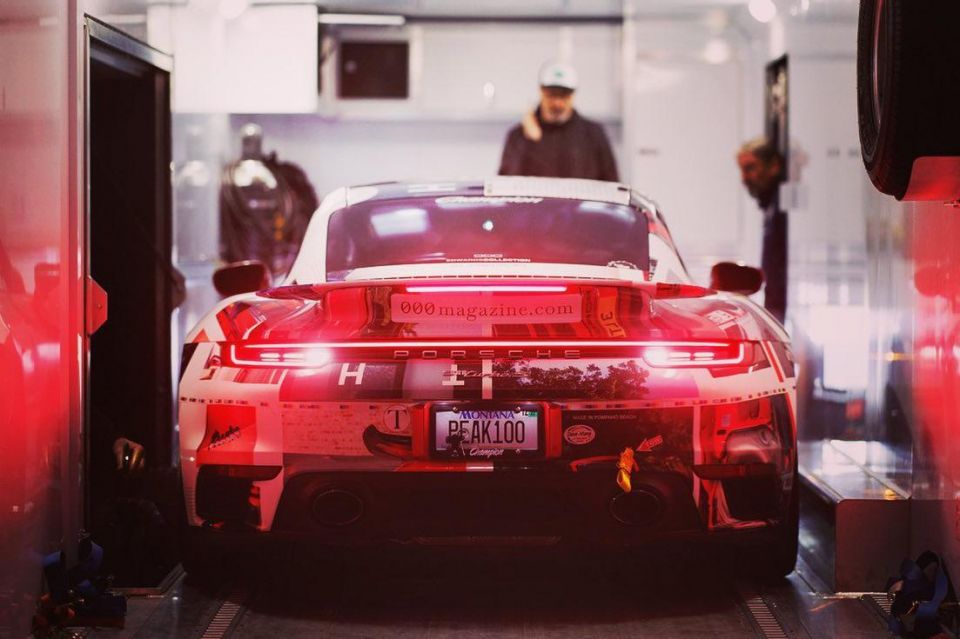
Porsche board member responsible for the 911 and 718 Frank-Steffen Walliser, previously told CarExpert the move to hybrid power “could come step-by-step” as Porsche works to meet the next batch of European emissions rules expected to hit in 2026.
That suggests the first move could be to a 48V mild-hybrid system, which allows the engine to switch off at low speeds and provides a power boost when you get a move on.
Click an image to view the full gallery.
MORE: Everything Porsche 911
Where expert car reviews meet expert car buying – CarExpert gives you trusted advice, personalised service and real savings on your next new car.
Jack Quick is an automotive journalist based in Melbourne. Jack studied journalism and photography at Deakin University in Burwood, and previously represented the university in dance nationally. In his spare time, he loves to pump Charli XCX and play a bit of Grand Theft Auto. He’s also the proud owner of a blue, manual 2020 Suzuki Jimny.


Derek Fung
9 Days Ago


Damion Smy
10 Days Ago


Derek Fung
10 Days Ago
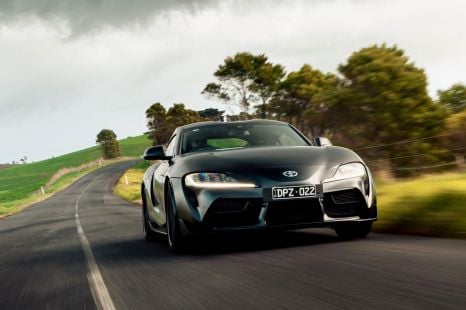

Max Davies
12 Days Ago
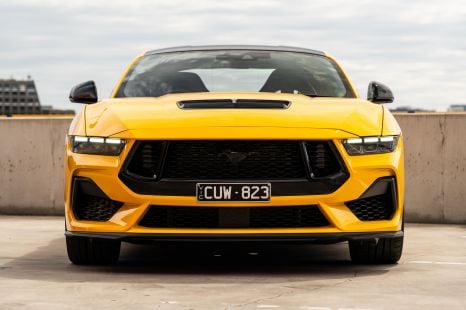

William Stopford
16 Days Ago
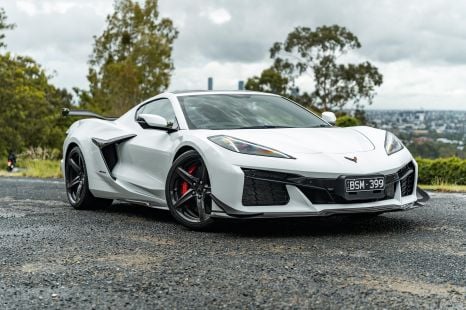

Marton Pettendy
16 Days Ago